International Representations
CAP is affiliated with European and international socio-professional agricultural organizations and is involved with official institutions of the European Union
-
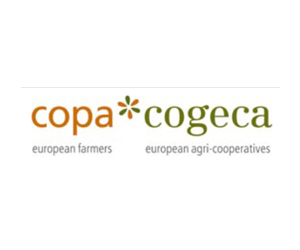
COPA - (Committee of Professional Agricultural Organisations)
Since its establishment in 1958, COPA has been the representative organization of agricultural producers in the European Union, which studies the agricultural problems caused by its funding and development.
It deals in particular with the common agricultural policy and the protection of the interests of agriculture by seeking solutions of common interest by establishing contacts with the public authorities of the European Union and with any other organizations linked to agriculture or other social and economic fields, at the European or global level.
Since 1986, CAP has been an active participant in this Organization through the presence of its President and Secretary General in the Praesidium, the supreme decision-making body, as well as through the presence of its experts in the group of General Experts in the permanent or temporary working groups designated by COPA, whether of a specific, sectoral (e.g. olive oil or bovine meat) or horizontal nature (such as environment or rural development).
-
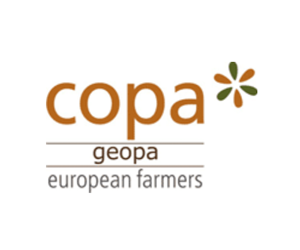
GEOPA – (Employers’ Group of Professional Agricultural Organisations)
This group was founded in April 1993 as a result of the evolution and autonomy of the COPA Employers' Working Group. It is mandated by COPA's Praesidium to represent agricultural entrepreneurs, employers or members of European professional agricultural organizations with EU authorities and agricultural workers' organizations in the European Union. It also deals directly with issues that concern the specific interests of agricultural employers in the social sphere and in all matters related to the practice of Social Dialogue at European level, GEOPA now has the status of European Social Partner. CAP has been a member since its foundation.
-
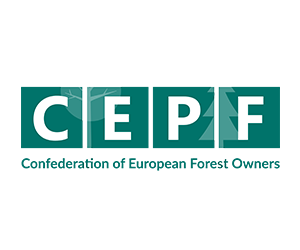
CEPF - (Confederation of European Forest Owners)
A non-profit organization created in 1996, which succeeded the Central Committee of Private Forest. As a confederation, it is home to the national organizations representing the private forest owners of the European Union, and calls on them to represent their interests vis-à-vis the European institutions by developing a common strategy on forest policy that promotes balance between the economic interests of forest owners and the social demands to which forest areas are increasingly subject. CAP has been a member of the CEPF since April 1, 2003.
-
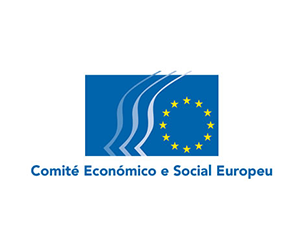
EESC - (European Economic and Social Committee)
Established by the Rome Treaties of 1957, EESC, as an institutional advisory body, is the place par excellence for the representation of the various sectors of the economic and social life of organized civil society and is therefore a privileged liaison between it and the institutions of the European Union.
EESC's consultative role enables its members, and therefore the organizations they represent, to participate in the Community’s decision-making process, as the discussion of the views of its advisors often ends in negotiations involving not only the usual social partners (Employers and Workers), but all other socio-occupational interests represented in it.
This active participation in the pursuit of negotiations and compromise results in a higher quality Community policy and lends more credibility to it, since it improves understanding and acceptance for European citizens and contributes to the transparency essential to democracy.
CAP is part of the Employers' Group (Group I) of EESC and is represented in the Specialized Section for Agriculture, Rural Development and the Environment, in the Specialized Section for Transport, Energy, Infrastructures and the Information Society by appointing an adviser.
-
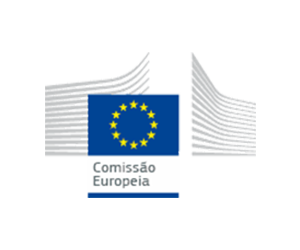
European Commission
A politically independent institution which represents and defends the interests of the European Union as a whole, proposes legislation, policy and action programs and is responsible for implementing the decisions of the European Parliament and the Council of the European Union. In order to ensure the protection of European interests at international level, the Commission shall ensure that the provisions of the Treaties and the measures taken by the institutions pursuant thereto are applied and that it makes recommendations or offers opinions on matters covered by the Treaties. It participates in the decision-making process of the Acts of the Council and of the European Parliament and is the executive body of the rules laid down by the Council.
With regard to the European Commission, CAP is represented at various levels:
It participates through its experts in each of the Agricultural Advisory Groups of the Directorate General of Agriculture (e.g., Common Agricultural Policy, Rural Development, and Organic Agriculture) and also in working groups that examine specific issues (e.g., Grains, Phytosanitary Issues, Bovines).
It participates through GEOPA (which has the right to appoint representatives of employers), in the working groups of the European Union's Agricultural Sector Social Dialogue Committee, under the aegis of the Directorate General for Employment and Social Affairs and Industrial Relations, and in the working groups Employment, Harmonization, Hygiene and Security and Training of the Committee of Agricultural Social Dialogue, under the same institution.
-
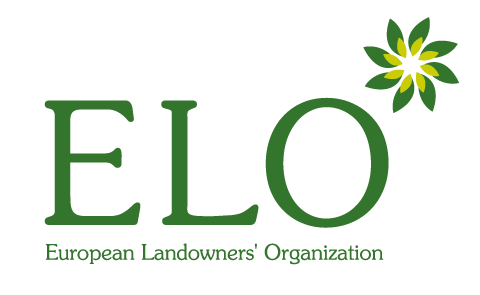
European Landowners Organization
ELO promotes a sustainable and prosperous rural world concept, raising awareness of environmental and agricultural issues among citizens and organizations in general. Involving multiple stakeholders, ELO develops policy recommendations and specific action programs. It organizes interdisciplinary meetings, bringing together key players from the rural sector and policy makers at the local, regional, national and European levels. This capability provides a unique position in the agricultural, environmental and rural sectors. CAP has been part of ELO since January 2018.